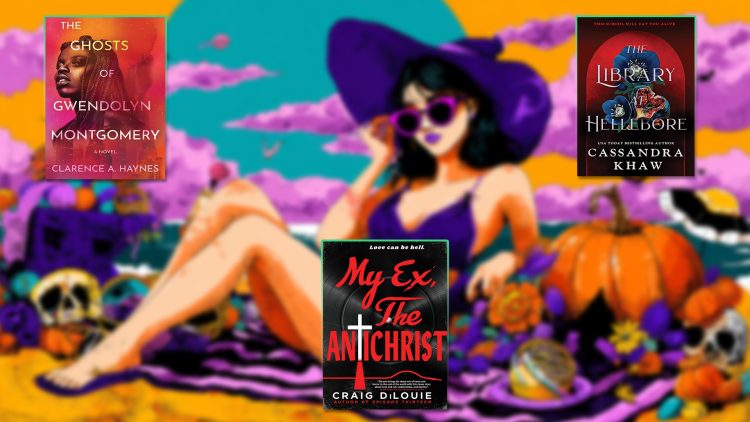Let’s be honest. By late August, summer starts to feel like a bloated peach: overripe, sticky, and vaguely threatening. The beach reads have lost their sparkle, the sunscreen smells like regret, and the only thing we want to do is crawl into a shadowy corner with a book that whispers, “You’re not safe.”.
Enter: Summerween.
A glorious, chaotic internet-born celebration of all things spooky, Summerween is Halloween’s rebellious little sibling who shows up in flip-flops and a black veil. It’s the unofficial holiday for those of us who think horror should be year-round, and who believe that nothing pairs better with a heatwave than a haunted house or a demonic ex.
This year, Summerween 2025 brings a literary lineup so rich in dread, you’ll forget the sun exists. These ten upcoming releases, spanning gothic horror, surrealist fiction, and apocalyptic nightmares, are here to ruin your sleep schedule and make you question every creak in your summer rental.
Whether you’re a seasoned horror connoisseur or just dipping your toes into the abyss, these books will seduce, scare, and spiritually slap you. Let’s dive in, headfirst, no flashlight.
What Is Summerween?
Summerween isn’t just a quirky internet trend; it’s a reclamation. It’s for those of us who feel most alive when the world gets a little darker, who believe that horror isn’t seasonal, it’s spiritual.
Celebrated in late summer, when the heat starts to feel oppressive and the days grow suspiciously short, Summerween is a reminder that fear can be festive, that ghosts don’t care about calendars, and that the best stories are the ones that unsettle us.
1. Bury Our Bones in the Midnight Soil by V.E. Schwab
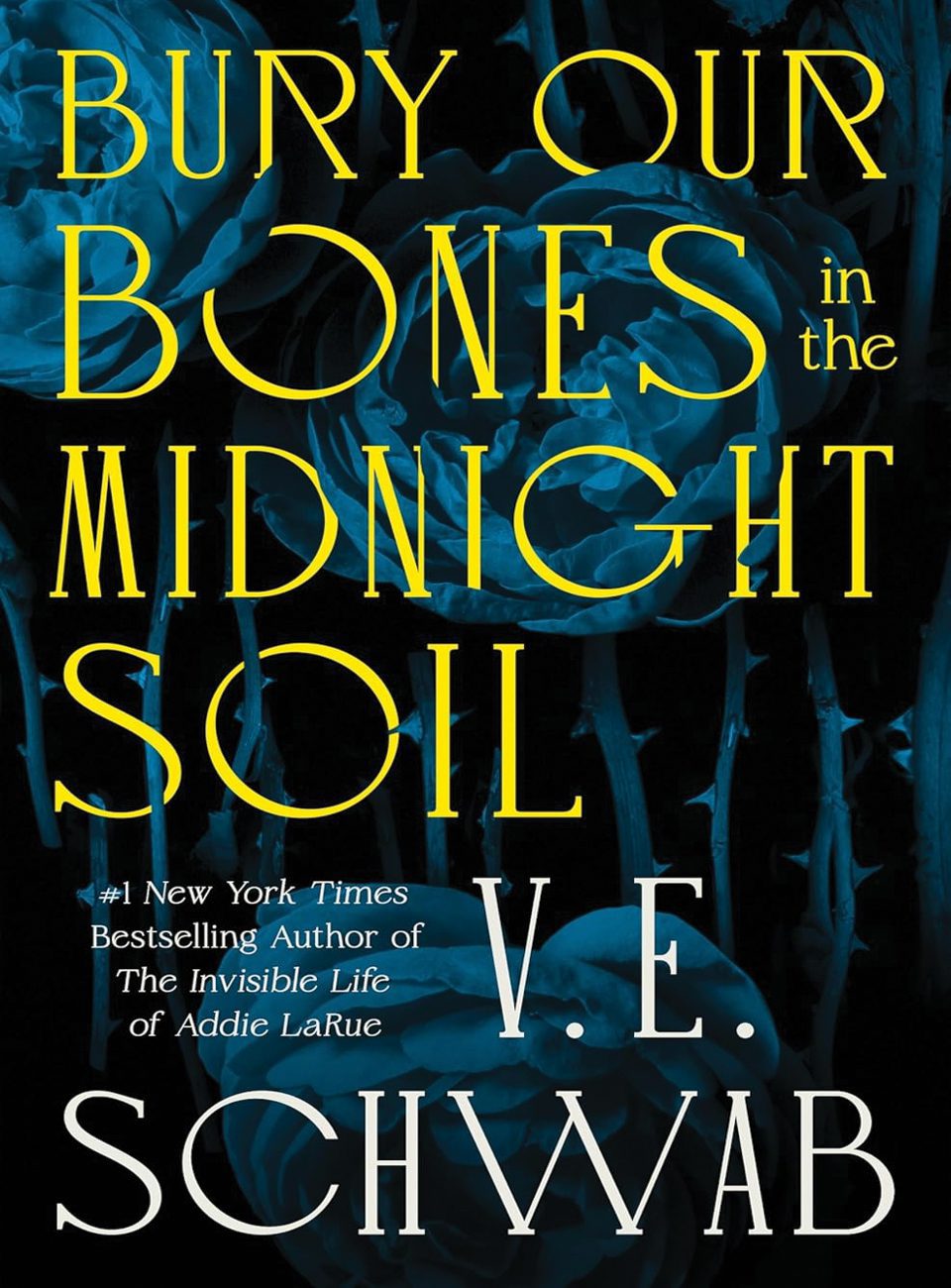
V.E. Schwab has always had a knack for making the macabre feel like a lullaby, and Bury Our Bones in the Midnight Soil is no exception. This novel is a Southern Gothic fever dream soaked in moonlight and mildew, where the dead don’t stay buried and the living aren’t exactly alive. Eliza wakes up in a coffin, surrounded by whispering soil and memories that don’t belong to her.
The town she stumbles into is a place that shouldn’t exist: half-forgotten, half-feral, and entirely cursed. Schwab’s prose is so lush it practically drips, and every sentence feels like a spell.
But this isn’t just a ghost story, it’s a meditation on legacy, rage, and the kind of grief that calcifies in your bones. Eliza is a protagonist who refuses to be pitied, and her journey through the marshes of memory is both harrowing and oddly empowering.
Schwab doesn’t flinch from the grotesque, but she also doesn’t wallow in it. Instead, she crafts a narrative that’s equal parts horror and hymn. If you’ve ever wanted to read something that feels like The Secret Garden rewritten by Shirley Jackson, this is your moment.
Why we recommend it: This one reads like a Southern Gothic séance hosted by a poet with a vendetta. If you like your horror lyrical, your heroines unhinged, and your metaphors crawling out of the swamp, this is your next obsession. Ideal for readers who want to be haunted beautifully.
RelatedIf You Loved Wednesday, These Gothic YA Books Are Your Next Obsession
2. The Ghosts of Gwendolyn Montgomery by Clarence A. Haynes
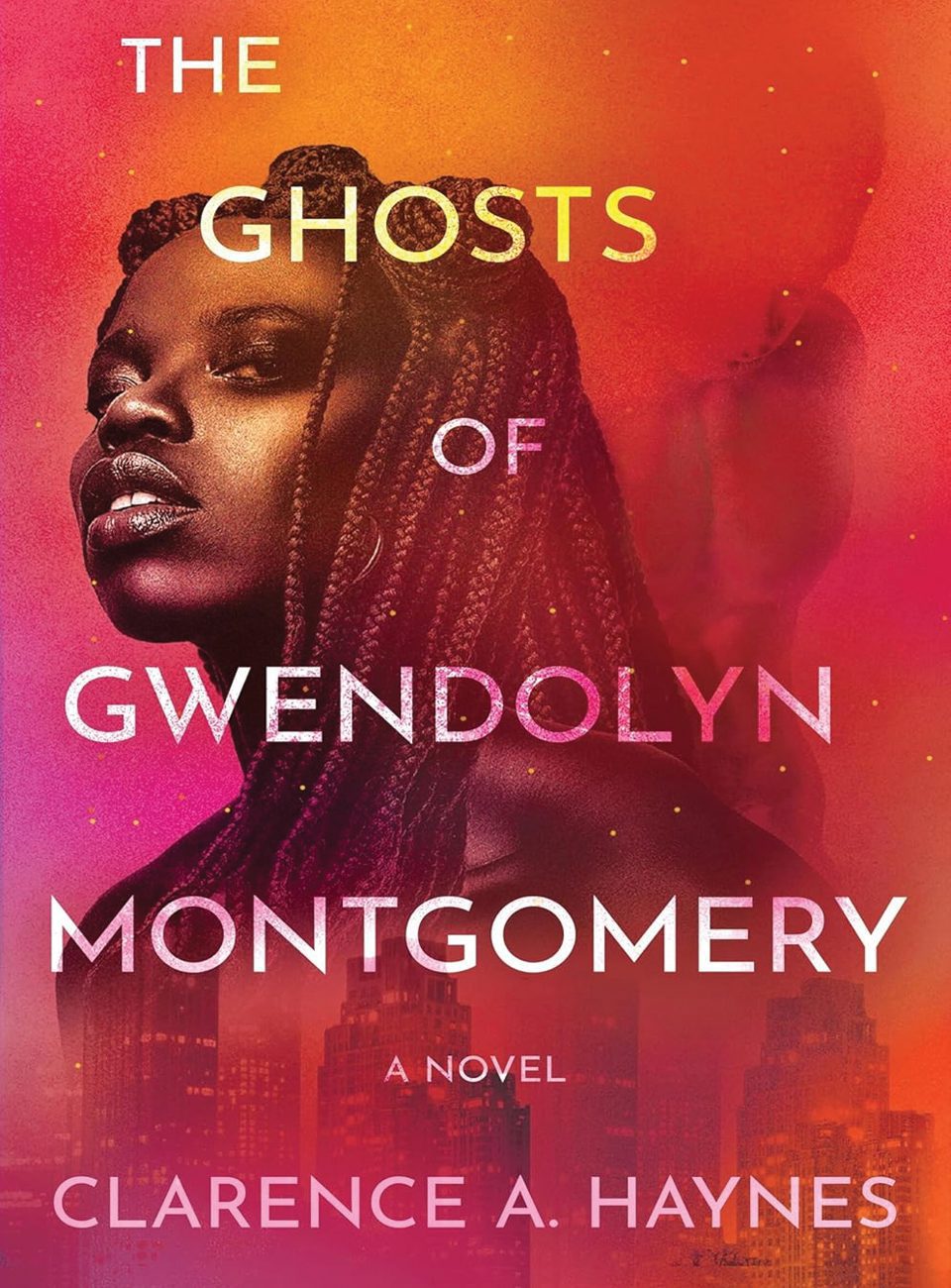
Clarence A. Haynes has gifted us a ghost story that’s less “boo” and more “existential breakdown in a haunted hallway.” Gwendolyn Montgomery inherits her grandmother’s estate, a crumbling mansion with more secrets than square footage, and quickly discovers that the ghosts haunting it are all versions of herself.
Yes, you read that right. Her teenage self, her college self, her almost-married self: they’re all here, and they’re all pissed. It’s like Sliding Doors meets The Haunting of Hill House, but with more emotional damage and less architectural integrity.
Haynes writes with a scalpel, slicing into themes of identity, regret, and the terrifying possibility that we are our own worst hauntings. The house is a metaphor, sure, but it’s also a character in its own right: moody, manipulative, and deeply invested in Gwendolyn’s unraveling.
This book is for anyone who’s ever stared into a mirror and wondered what might stare back if they blinked. It’s cerebral horror with a heart, and it’ll make you want to call your therapist immediately after finishing.
Why we recommend it: Ever wanted to fight your past selves in a haunted mansion while wearing designer guilt? Gwendolyn delivers. This is for readers who crave introspective horror with a side of identity crisis and a house that judges you harder than your therapist.
3. I Gave You Eyes and You Looked Toward Darkness by Irene Solà
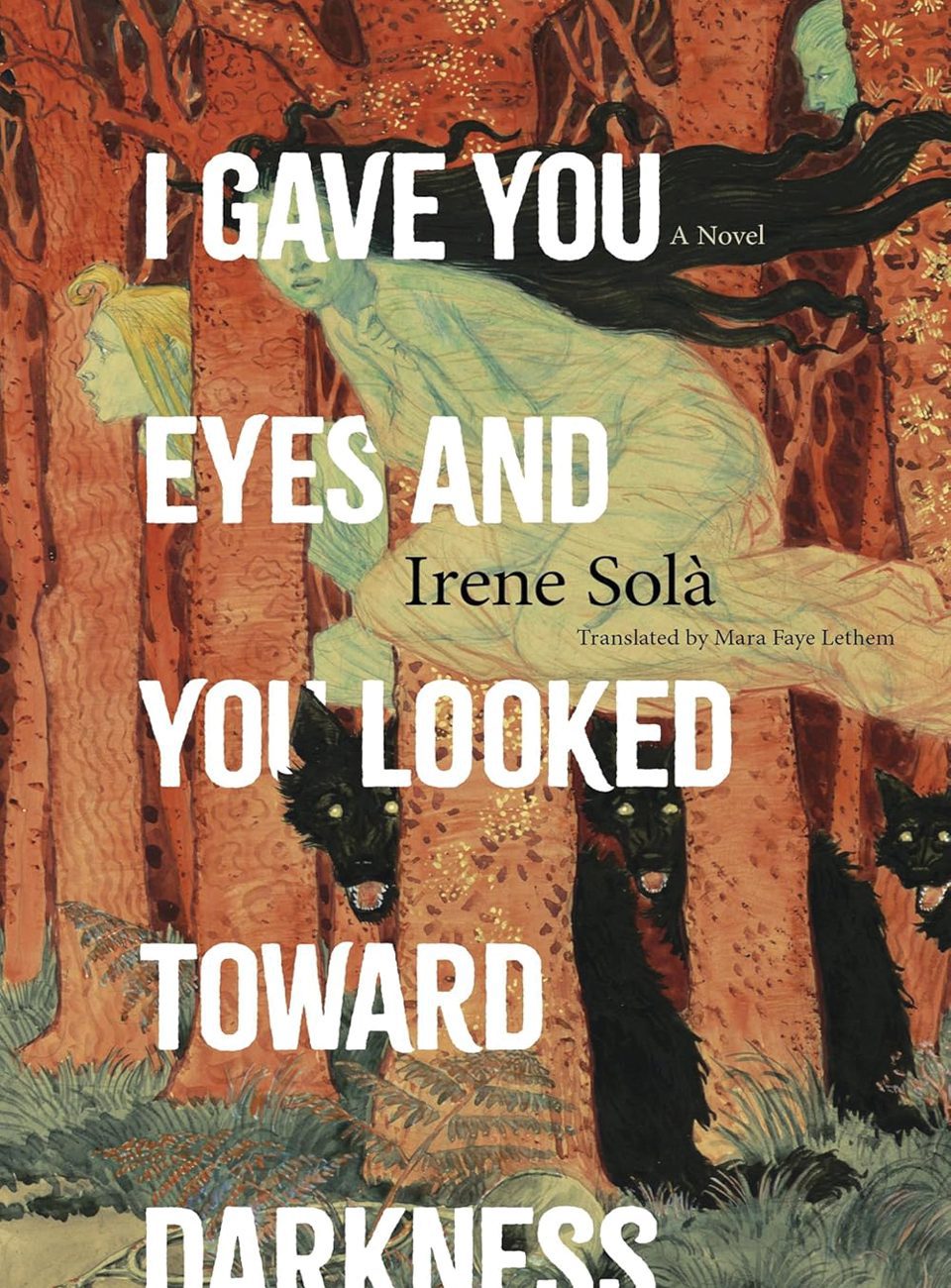
Translated from Catalan, Irene Solà’s latest offering is less a novel and more a ritual. I Gave You Eyes and You Looked Toward Darkness is a surreal, poetic descent into grief, mythology, and the kind of horror that doesn’t scream; it sings.
The protagonist, a woman who loses her sight in a mysterious accident, begins to see things no one else can: ghosts, gods, and the emotional residue of centuries-old violence. It’s a story told in fragments, in whispers, in the language of dreams.
Solà’s prose is hypnotic, like being slowly pulled underwater by something beautiful and terrible. The setting, a remote mountain village where folklore is law and women carry ancestral wounds like heirlooms, is rendered with aching precision.
This is horror for the literary crowd, for those who want their monsters to speak in riddles and their protagonists to bleed metaphor. It’s not an easy read, but it’s a necessary one. If you’ve ever wanted to be haunted by a book in a language older than time, this is it.
Why we recommend it: Folkloric, feminist, and freakishly poetic, this book doesn’t just tell a story; it casts one. Perfect for readers who want their horror tangled in myth, their prose dripping with symbolism, and their ghosts whispering in Catalan.
Related10 Viral Summer Reads Everyone’s Buzzing About Right Now
4. Glass Girls by Danie Shokoohi
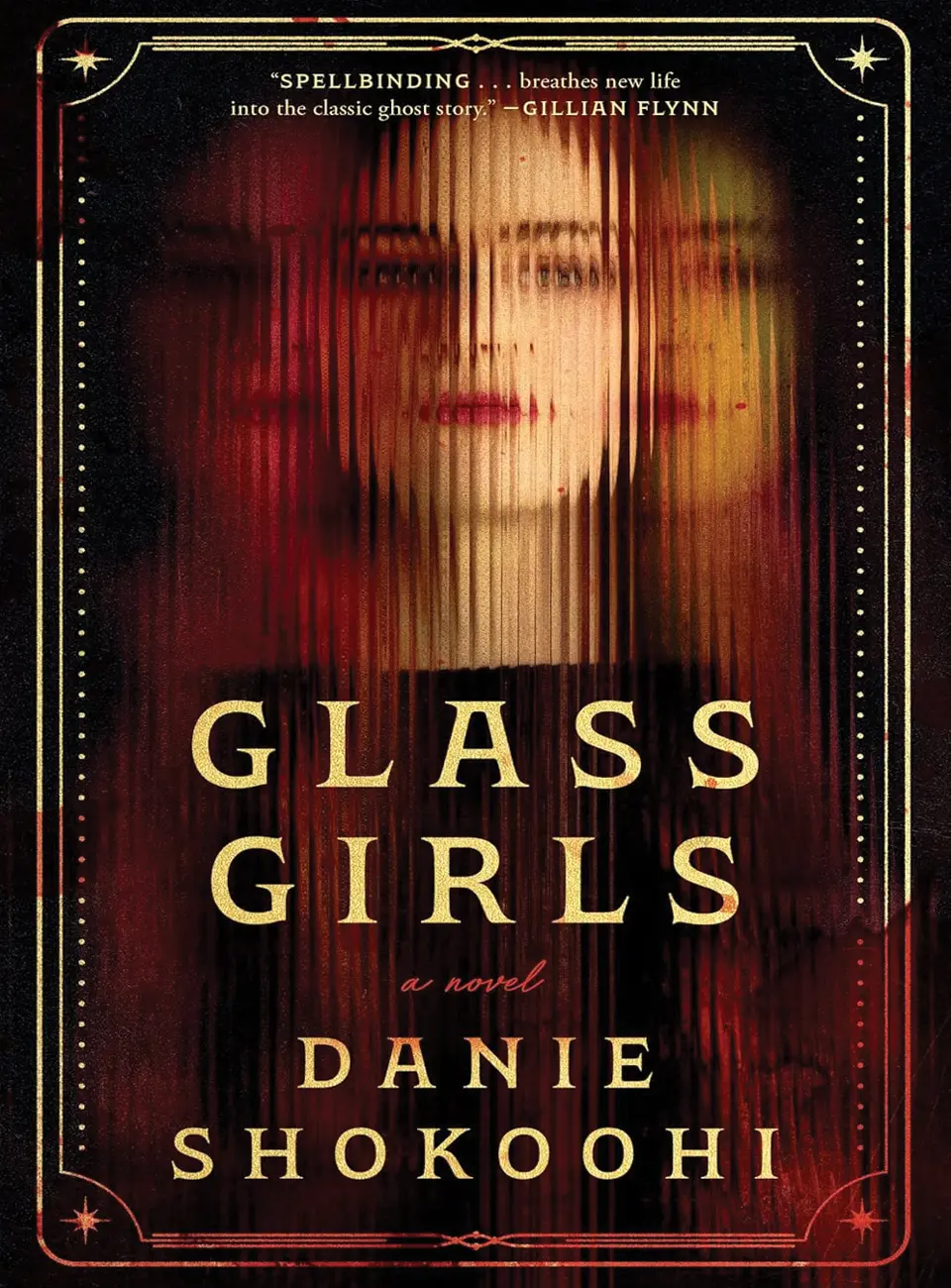
Glass Girls is a debut that arrives like a scream in a porcelain doll factory. Danie Shokoohi introduces us to a family cursed with a legacy of possession, madness, and girls who shatter, literally.
When the protagonist returns to her childhood home to protect her nieces from the same fate that claimed her sister, she’s forced to confront the ghosts of her own past and the terrifying truth about her family’s bloodline. It’s body horror meets feminist fury, and it does not hold back.
Shokoohi’s writing is raw, intimate, and unflinchingly honest. The horror isn’t just in the supernatural; it’s in the way society treats young women, in the silence that surrounds trauma, and in the generational wounds that never quite heal.
The characters are vivid, flawed, and heartbreakingly real. This is a book for readers who want their horror to come with teeth and tears. It’s a standout debut that feels like a curse you’re grateful to carry.
Why we recommend it: This debut slaps like a generational curse with glitter on it. If you’re into body horror that actually means something, girls who refuse to be fragile, and trauma that bites back, this one’s going to wreck you in the best way.
5. We Won’t All Survive by Kate Alice Marshall
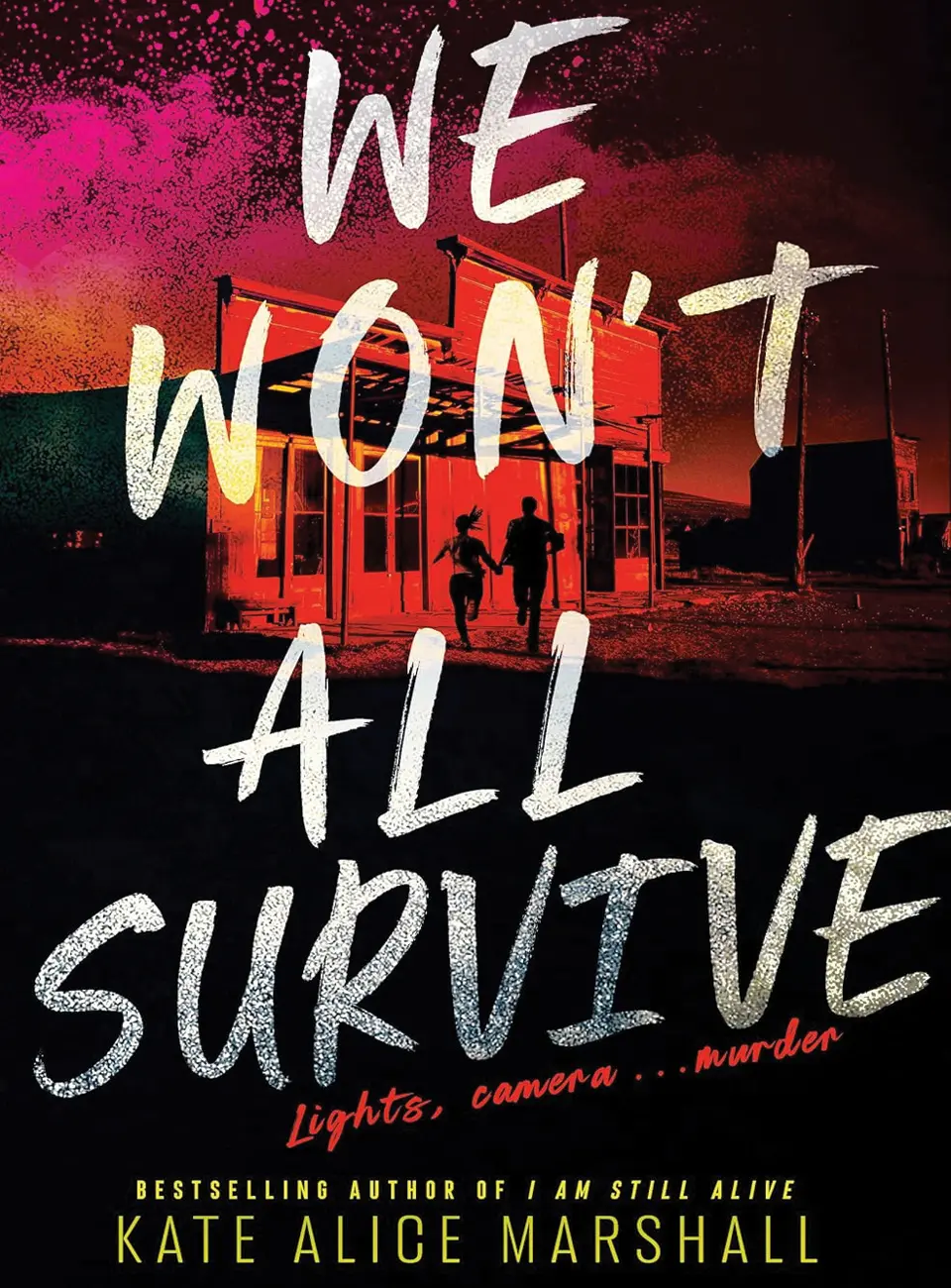
Kate Alice Marshall has a reputation for writing thrillers that punch you in the gut and then ask if you’re okay. We Won’t All Survive is no exception. Set in a dystopian reality show where teens must survive a deadly fog and each other, the novel is a brutal exploration of morality, manipulation, and the terrifying power of performance.
Think The Hunger Games meets The Mist, but with more psychological warfare and fewer rules.
Marshall excels at character dynamics, and the tension between the contestants is so thick you could cut it with a machete. The fog isn’t just a physical threat, it’s a metaphor for the lies we tell ourselves to survive.
This is horror that’s grounded in reality, in the choices we make when no one’s watching and the consequences that follow. It’s a gut-wrenching, pulse-pounding read that will leave you breathless and slightly paranoid.
Why we recommend it: Fog, fear, and feral teenagers: what’s not to love? This is for readers who like their dystopia messy, their morality murky, and their survival stories served with a twist of psychological warfare.
Enjoying this article?
Subscribe to our weekly newsletter6. The Bewitching by Silvia Moreno-Garcia
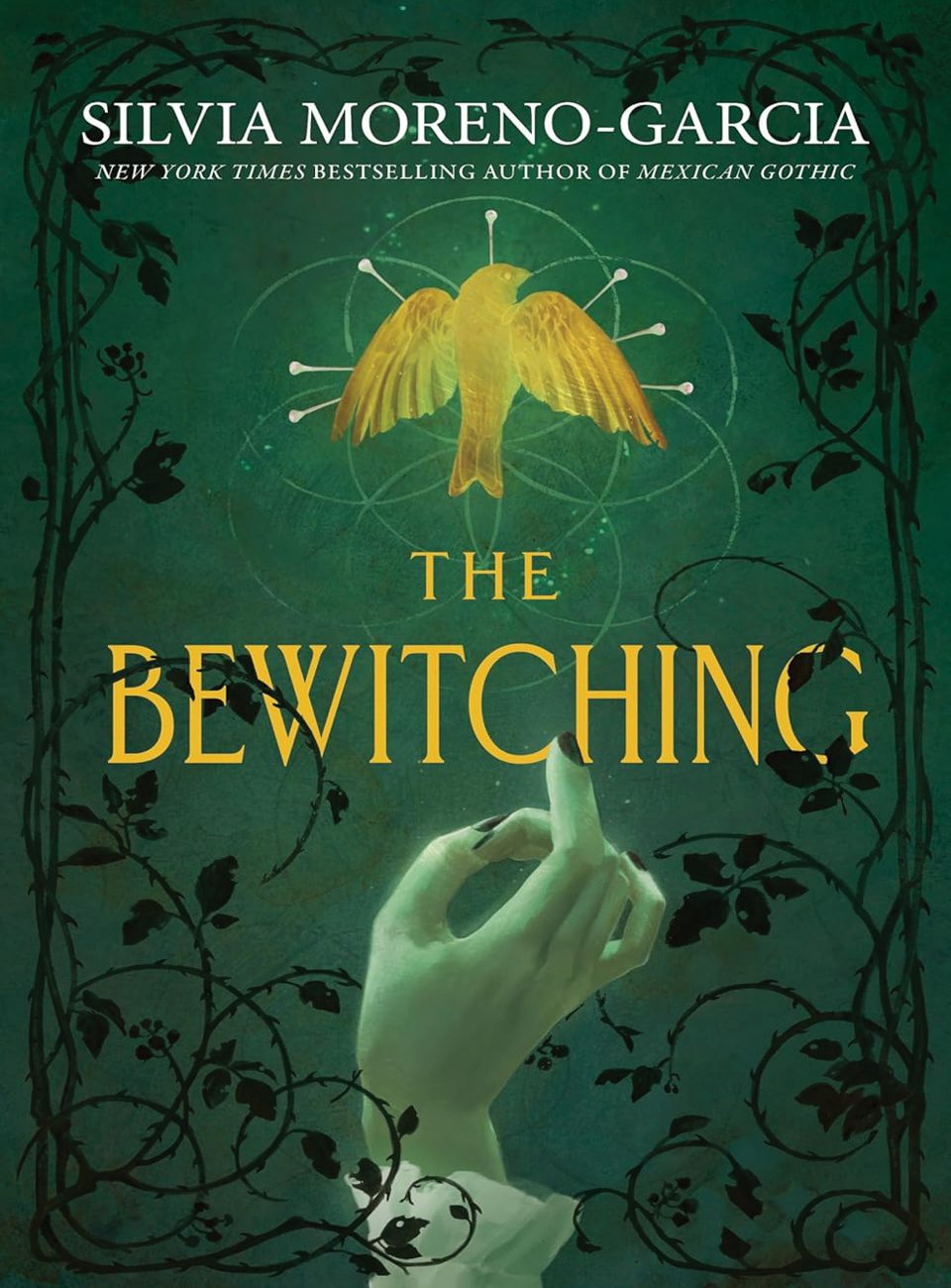
Silvia Moreno-Garcia is back, and she’s brought witchcraft, colonialism, and forbidden love to the party. The Bewitching is set in 17th-century Mexico and follows Isabela, a young woman accused of sorcery who must navigate a world of superstition, power, and patriarchal nonsense.
The historical detail is immaculate, the atmosphere oppressive in the best way, and the romance? Deliciously doomed.
Moreno-Garcia doesn’t just write stories; she conjures worlds. Isabela is a protagonist who refuses to be silenced, and her journey is one of defiance, desire, and dark magic. This is horror steeped in history, in the blood-soaked pages of forgotten women and the rituals they carried. If you loved Mexican Gothic but wanted more spells and less mildew, this is your book. It’s lush, lyrical, and unapologetically witchy.
Why we recommend it: Witch trials, forbidden love, and colonial rage wrapped in velvet prose: this book is a hex in hardcover. If you’re into historical horror with teeth and women who burn brighter than the torches chasing them, you’ll devour this.
7. My Ex, the Antichrist by Craig DiLouie
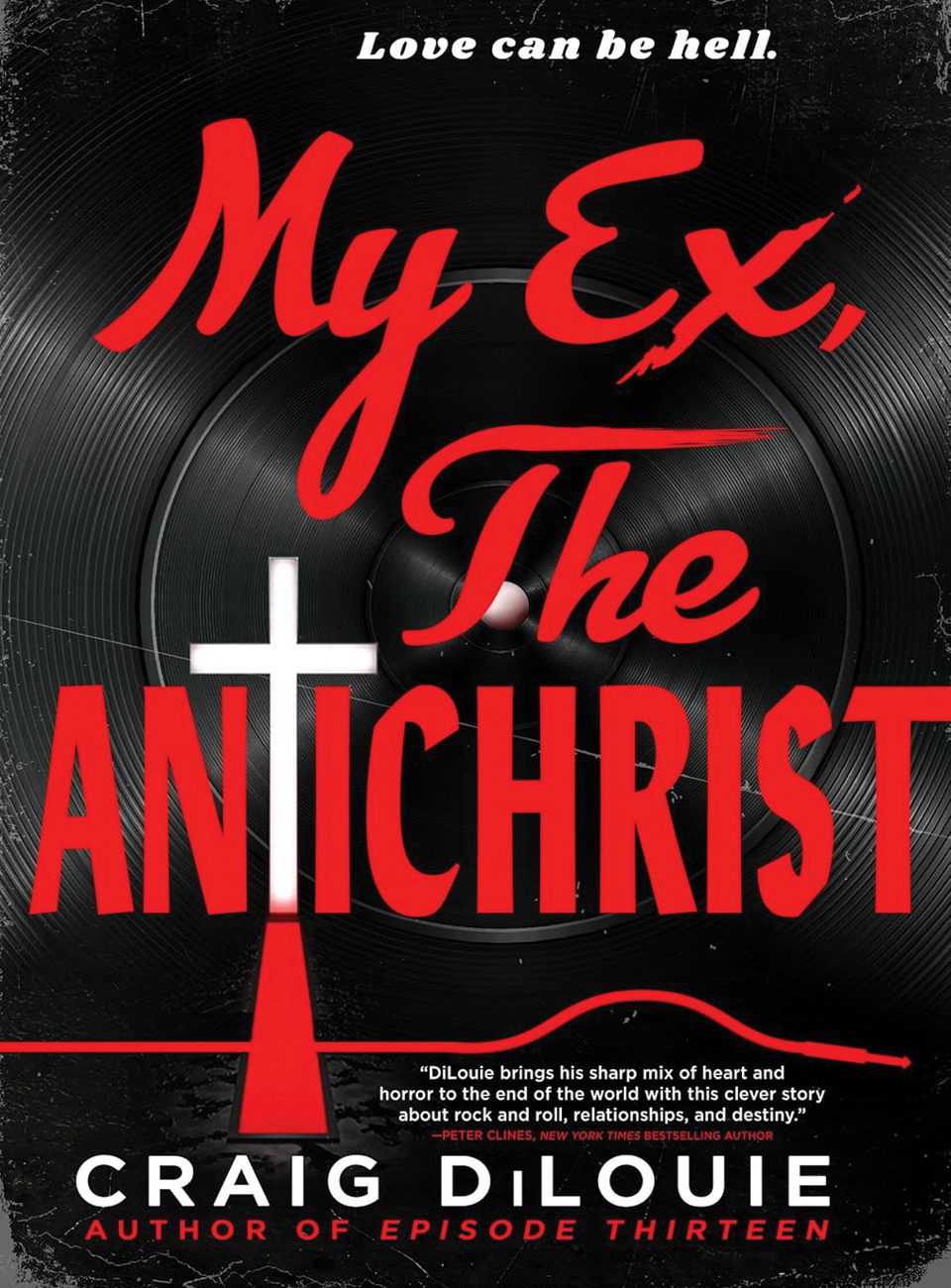
Craig DiLouie has written the breakup novel to end all breakup novels, literally. My Ex, the Antichrist follows a woman who discovers that her charming, manipulative ex-boyfriend is the literal Antichrist, and he’s using their relationship as a blueprint for seducing the world. It’s horror-comedy at its finest, with just enough emotional depth to make you question your own dating history.
DiLouie balances absurdity with sincerity, crafting a narrative that’s as hilarious as it is horrifying. The protagonist’s journey from heartbreak to heroism is empowering, and the commentary on toxic relationships hits harder than a demon’s slap.
This is a book for fans of Good Omens, Jennifer’s Body, and anyone who’s ever wanted to exorcise their ex with extreme prejudice. It’s a riot, and it’s brilliant.
Why we recommend it: Finally, a breakup novel that understands the stakes. This one’s for readers who love their horror with humor, their satire with claws, and their exes banished to the fiery pits of eternal damnation.
RelatedWhy Darkly Might Be The Next Big Psychological Thriller For Horror And Gaming Culture Fans
8. Red Rabbit Ghost by Jen Julian
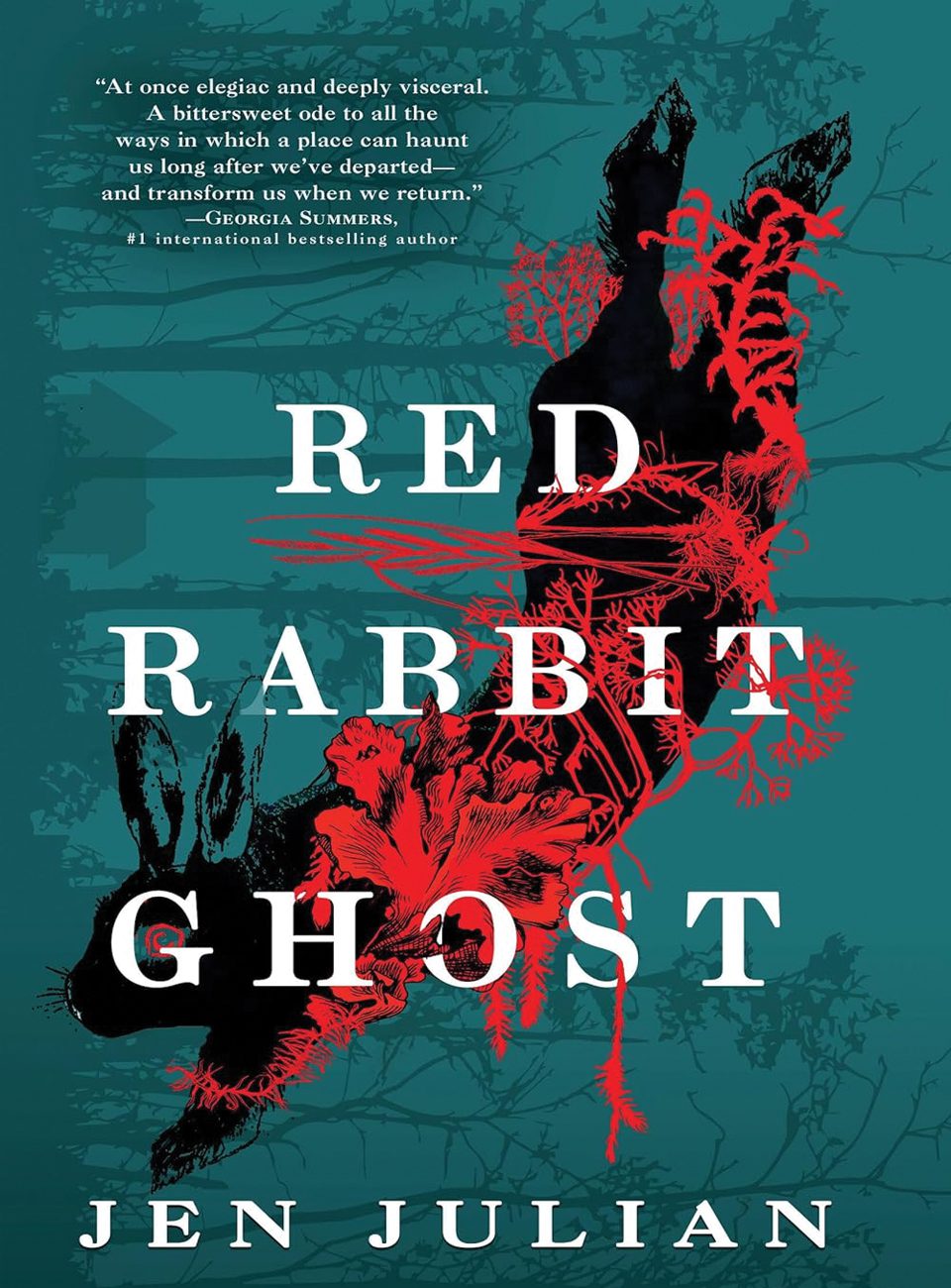
Jen Julian’s Red Rabbit Ghost is a quiet horror that creeps under your skin and refuses to leave. Set in a rural town where grief hangs heavier than the humidity, the story follows a journalist returning home to investigate her mother’s mysterious death, and the eerie red rabbit plushies left behind by missing children. The horror here is subtle, psychological, and deeply personal. There are no jump scares, no gore-soaked spectacles. Instead, Julian builds dread like a slow boil, until you’re sweating from something colder than fear.
The brilliance of Red Rabbit Ghost lies in its emotional precision. Julian writes trauma like she’s dissecting it under a microscope, revealing the tiny, squirming truths we’d rather not see. The town itself is a character: claustrophobic, haunted, and complicit. This is a novel for readers who appreciate atmosphere over action, who want their horror to whisper rather than scream. It’s Southern Gothic with a queer twist, and it will haunt you in ways you didn’t expect.
Why we recommend it: Soft-spoken and soul-shattering, this is horror that doesn’t scream; it sighs. If you’re drawn to small-town secrets, queer grief, and plush toys that definitely aren’t cute, this one will haunt you gently but thoroughly.
9. The Library at Hellebore by Cassandra Khaw
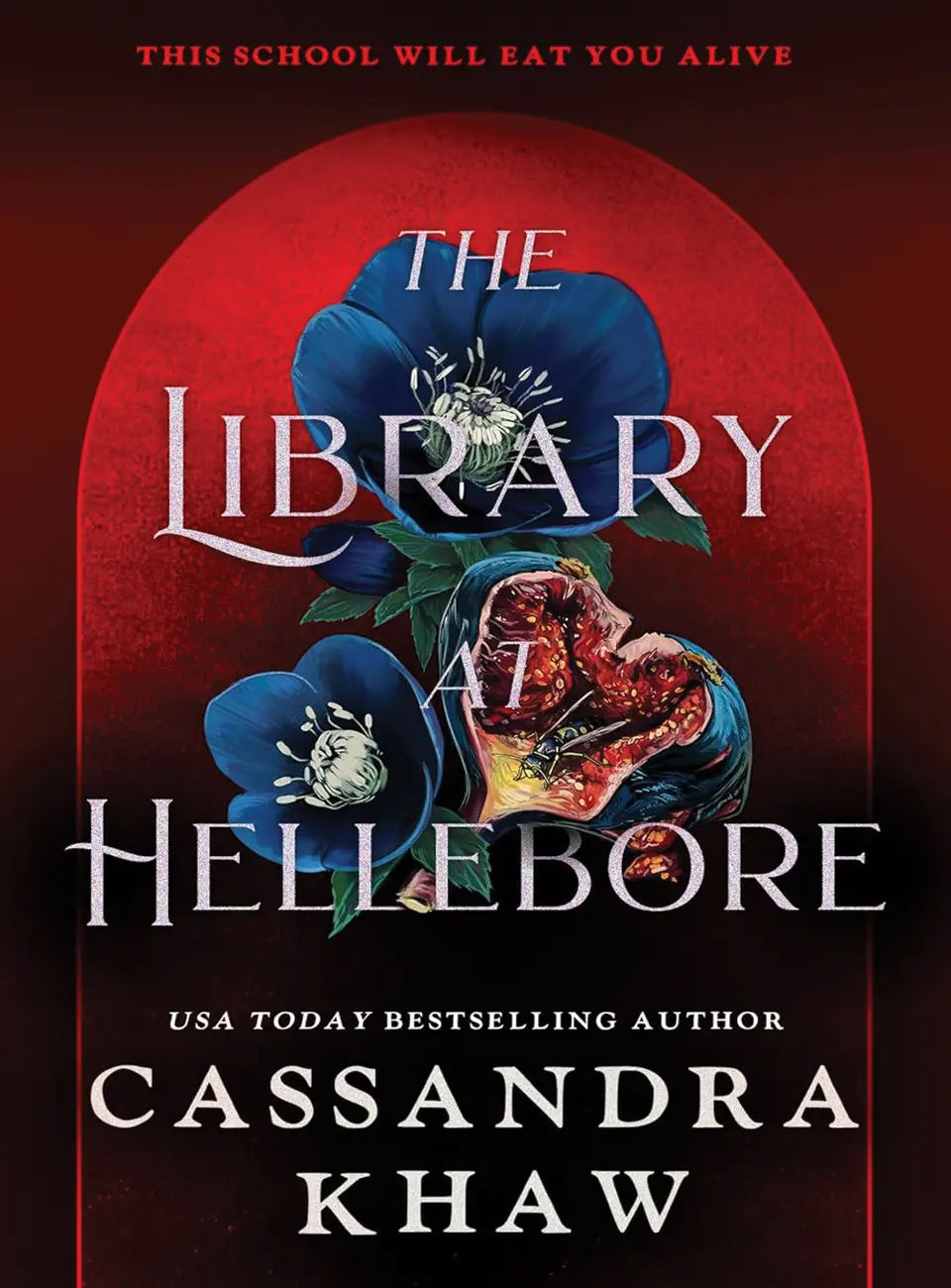
Cassandra Khaw has never met a trope she couldn’t eviscerate, and The Library at Hellebore is her most deliciously vicious work yet. Set in a crumbling university where students are trained to become world-ending entities, the story follows a scholar who discovers a hidden library that doesn’t just contain cursed texts; it rewrites reality.
It’s dark academia turned inside out, with body horror, ritual sacrifice, and prose so sharp it could draw blood.
Khaw’s writing is dense, decadent, and unapologetically weird. The library isn’t just haunted, it’s hungry. The protagonist’s descent into madness is rendered with such intimacy that you’ll feel like you’re losing your own grip on reality.
This is a book for readers who want their horror intellectual, their metaphors monstrous, and their settings dripping with dread. It’s not for the faint of heart, but it’s absolutely unforgettable.
Why we recommend it: Dark academia, cursed texts, and a library that eats people: what more do you want? This is for readers who want their horror intellectual, their prose feral, and their footnotes potentially lethal.
10. Angel Down by Daniel Kraus
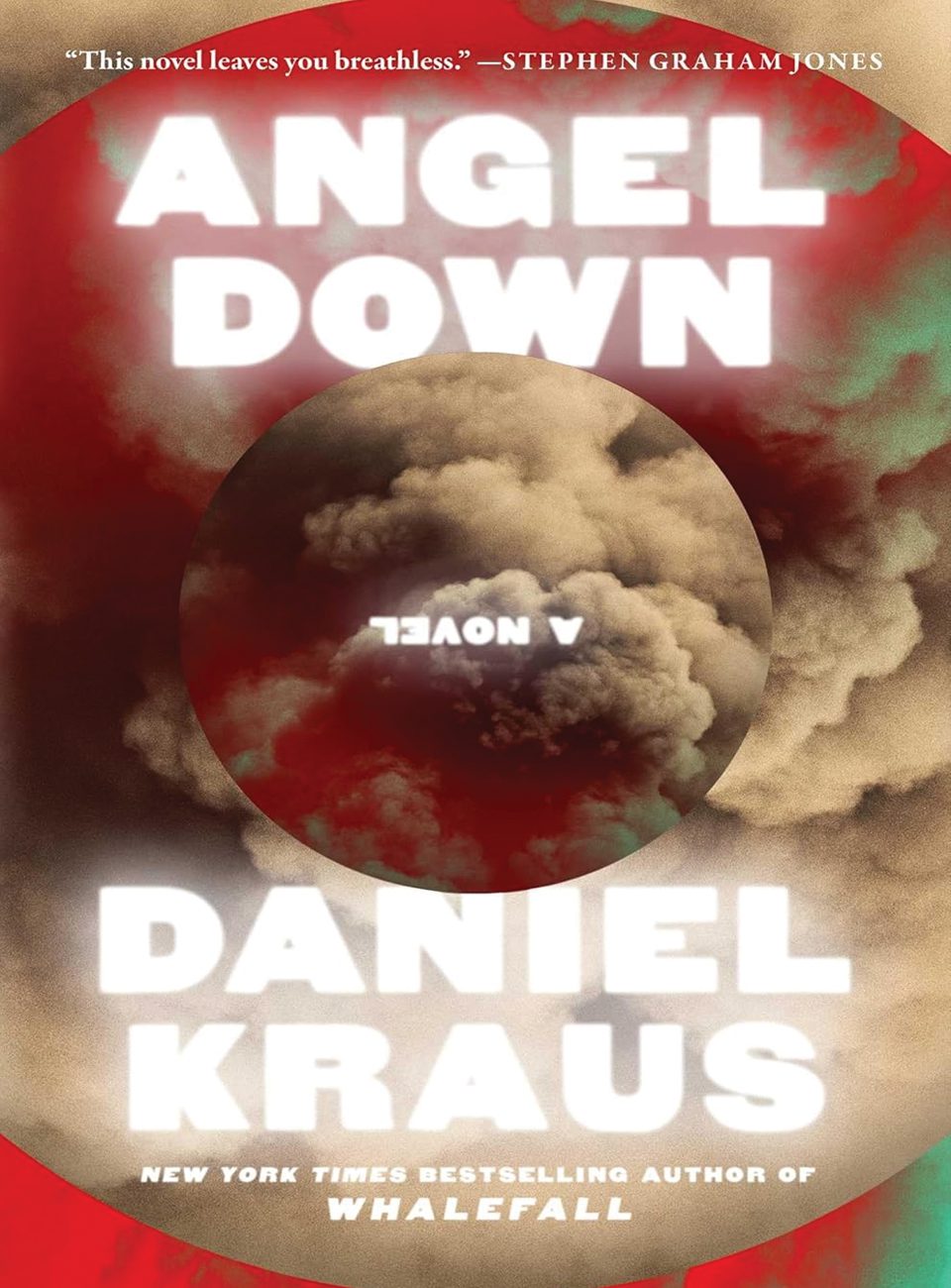
Daniel Kraus closes out the Summerween season with Angel Down, a cosmic horror epic that feels like a theological gut-punch. Set during World War I, the novel follows a group of soldiers who discover a fallen angel in the wreckage of a battlefield. But this angel isn’t here to save anyone. In fact, its presence seems to unravel reality itself. What follows is a descent into madness, faith, and the terrifying possibility that divinity is indifferent at best.
Kraus writes like he’s channeling Lovecraft through a war correspondent’s notebook. The prose is brutal, the imagery unforgettable, and the emotional stakes sky-high. Themes of belief, guilt, and redemption are explored with unflinching honesty.
This is horror that grapples with the divine, that asks questions no priest wants to answer. It’s devastating, ambitious, and the perfect finale to a season of literary nightmares.
Why we recommend it: War is hell, but what if heaven’s worse? This one’s for readers who like their horror cosmic, their theology twisted, and their angels terrifying enough to make you reconsider every hymn you’ve ever hummed.
These ten books are more than just spooky reads; they’re invitations to explore grief, identity, rage, and the uncanny. They’re proof that horror is a genre of depth, of nuance, of emotional truth. So light a candle, draw the blinds, and let these stories crawl into your bones. Summerween 2025 is here, and it’s gloriously unhinged.

